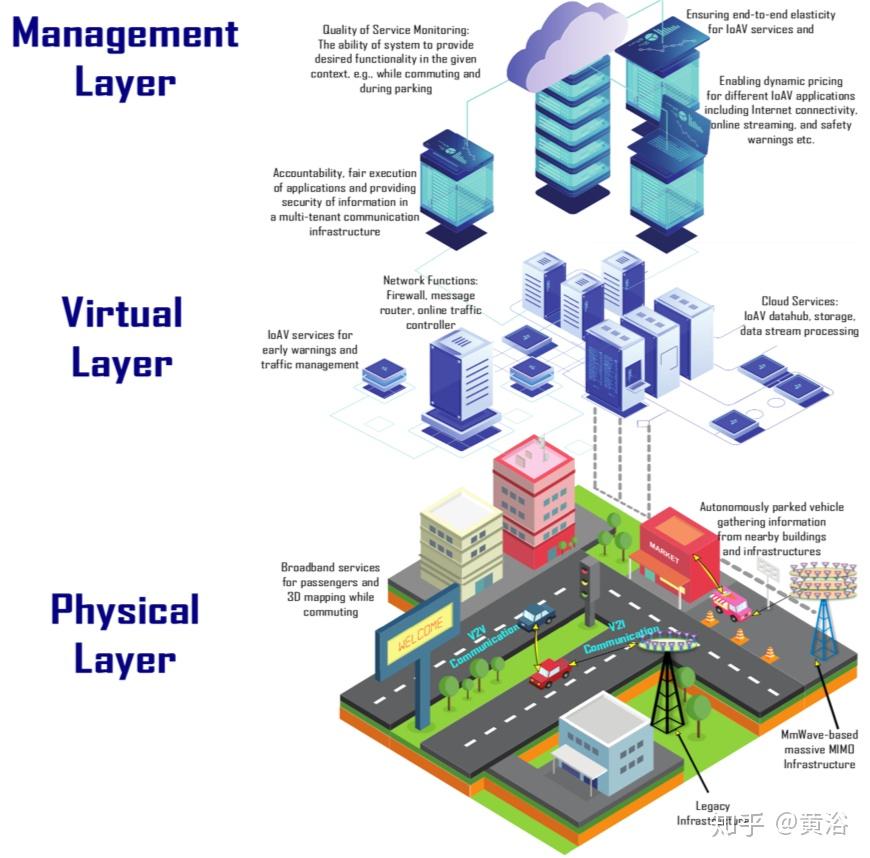|
The internet has become an indispensable part of our lives, transforming the way we communicate, access information, and conduct business. As this global network continues to expand and evolve, ensuring effective governance becomes paramount. Internet governance refers to the mechanisms, policies, and principles that regulate and shape the development and use of the internet. At its core, internet governance aims to strike a delicate balance between promoting innovation, protecting user rights, ensuring security, and fostering collaboration among stakeholders. Given the vast scale and complexity of the internet, a multi-stakeholder approach has emerged as the preferred model for governing this interconnected ecosystem. One of the key challenges in internet governance is striking a balance between the need for regulation and the preservation of an open and decentralized internet. While some argue for stricter regulations to address issues such as cybercrime, data privacy, and misinformation, others advocate for minimal intervention to encourage innovation and free speech. Achieving this balance requires active participation from governments, civil society organizations, the private sector, and technical experts. To facilitate effective internet governance, various organizations play crucial roles. The Internet Corporation for Assigned Names and Numbers (ICANN) oversees the domain name system (DNS) and IP address allocation. It ensures the stable and secure operation of the internet's unique identifier systems. The Internet Engineering Task Force (IETF) develops and promotes voluntary internet standards, while the World Wide Web Consortium (W3C) focuses on developing interoperable technologies for the web. Another important aspect of internet governance is addressing the digital divide and promoting universal access. As the internet becomes increasingly integral to education, commerce, and civic participation, ensuring equal opportunity for all individuals and communities is essential. Efforts are being made to bridge this gap through initiatives such as expanding broadband infrastructure, promoting digital literacy, and supporting affordable access to technology. In recent years, emerging technologies have raised new questions and challenges for internet governance. Artificial intelligence (AI), blockchain, and the Internet of Things (IoT) are transforming various sectors but also raise concerns regarding privacy, security, and ethical implications. As these technologies continue to advance, it is crucial to adapt governance frameworks to adequately address emerging risks and ensure responsible innovation. In conclusion, effective internet governance is essential for maintaining a secure, open, and inclusive digital ecosystem. It requires collaboration, transparency, and active participation from stakeholders across the globe. As technology continues to evolve, ongoing efforts to navigate the complexities of internet governance will be vital in shaping the digital future for the benefit of all.  |
